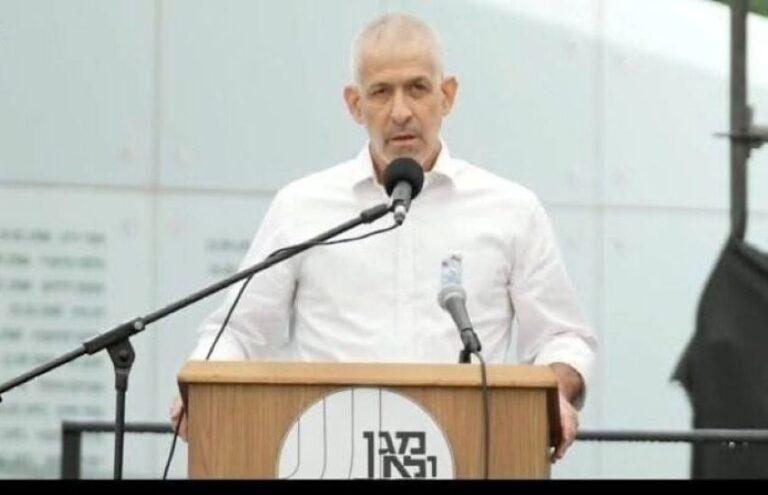 New York City’s teacher pension fund said on Thursday it will make $1 billion of new investments in infrastructure throughout the city and state as the region repairs the devastation wrought by Superstorm Sandy.
New York City’s teacher pension fund said on Thursday it will make $1 billion of new investments in infrastructure throughout the city and state as the region repairs the devastation wrought by Superstorm Sandy.
It is the first time the city’s pension funds — with nearly $127.8 billion altogether, one of the biggest systems in the United States — will invest in transportation, power, water, communications and similar infrastructure, according to New York City Comptroller John Liu.
“This is a remarkable commitment,” said former U.S. President Bill Clinton, who made the announcement alongside labor and government officials. “It represents a very significant step forward… to putting us on a path to a sustainable future for New York City.”
Clinton said the pledge was part of a promise made by the ALF-CIO in November 2011 that organized labor would invest $10 billion in American infrastructure over the next five years, in particular for making large commercial buildings more energy efficient.
U.S. Housing and Urban Development Secretary Shaun Donovan called the promised investment by the New York City Teachers Retirement System an “incredibly important step” in the recovery from Sandy, which slammed the densely populated East Coast on Oct. 29.
Democrats in the U.S. Senate are moving to push through the Obama administration’s full request for $60.4 billion in emergency aid for Sandy recovery. A growing number of Republicans, however, are arguing for a smaller initial amount.
Democratic aides said they are working toward final passage of the measure by early next week.
“Even with that scale of investment, we will never recover in the way we need to without the engagement of the private sector,” Donovan said on Thursday about the $60.4 billion.
The investment promise by New York City’s teacher pension fund should be a “beacon” for private investors, including other public pension funds, he said.
SOME EQUITY INVESTMENTS POSSIBLE
Included in the $60 billion request is nearly $14 billion in money that would be used for infrastructure upgrades and other projects to mitigate damage from future severe weather.
Donovan said that for every dollar spent on upgrading infrastructure after previous storms, the federal government saved $4 in avoiding future damage costs.
Public pensions in other countries have more frequently made such investments, but the strategy is still emerging in the United States, Liu said.
“Everybody is waiting for somebody else to do it,” Liu said.
The final form of investments and specific projects have not been chosen yet. They could include housing, which the city’s pension funds have invested in previously.
The fund could make equity investments, giving it an ownership stake in some projects. Such an approach might be necessary “in this landscape of extreme need,” Liu said.
The fund could also buy bonds from project owners. Or it could potentially make investments in an infrastructure fund, Liu said.
As comptroller, Liu is the advisor for New York City’s five public pension funds, which together have nearly $127.8 billion in assets. The funds cover about 581,000 active and retired members.
Liu said the pensions would look at projects as they become available to make infrastructure investment decisions.
They would be treated as fixed-income assets in the portfolio. Similar kinds of investments have an average rate of return of about 4 percent, he said.
He said the funds will move money from cash equivalents, allocating it to infrastructure projects as needed.
Officials also said the investments would create jobs, citing separate studies that found for every one $1 billion invested in infrastructure projects, anywhere from 18,000 to 36,000 jobs were created.
(Reuters)











One Response
An investment is something that makes a profit. This sounds more like the Democrats are raising the pension fund to cover operating expenses, which will cause problems when the fund is unable to pay the liberal pensions it has promised.